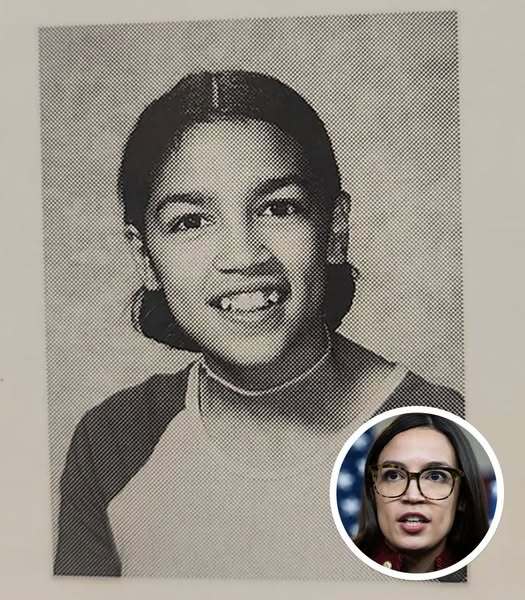A recent TikTok video featuring a high school chemistry teacher has taken the internet by storm—but not for the reasons one might hope. The video, originally intended to showcase a fun and engaging science lesson, quickly spiraled into viral fame for an entirely different reason: the teacher’s appearance. With over 100 million views and counting, online commentary has largely ignored the educational content, instead focusing overwhelmingly on her looks.
What began as a lighthearted classroom clip meant to spark curiosity in chemistry has inadvertently sparked a much deeper conversation about how society views—and too often reduces—educators, especially women, in the age of social media. While there’s nothing inherently wrong with acknowledging someone’s attractiveness, the disproportionate attention to the teacher’s appearance raises troubling questions. Why are educators, whose roles are defined by intellect, mentorship, and dedication, so quickly objectified? And what does it say about our digital culture when the substance of a lesson is overshadowed by superficial appeal?
This phenomenon isn’t new, but it’s becoming more visible. Social media platforms like TikTok, Instagram, and YouTube are designed to reward engagement—and beauty, unfortunately, remains a quick path to clicks, likes, and shares. But when a teacher becomes a trending topic not because of her teaching talent, but because of her physical appearance, we risk devaluing the profession itself. The focus shifts from academic excellence to aesthetics, sending the wrong message to students, parents, and the broader community.
The woman in the video—whose identity has since become public—has remained professional amid the media frenzy, continuing to teach her students and declining to comment on the viral attention. Her silence speaks volumes. In a world where women are constantly judged by how they look rather than what they do, her choice to stay focused on her job is both admirable and telling. Still, she deserves recognition not for becoming a viral sensation, but for her contributions to her students’ learning, growth, and future.
Teachers are more than just faces on screens—they are mentors, role models, and often, life-changers. Every day, they show up with lesson plans, patience, and a commitment to shaping young minds. Their job is difficult, often underpaid, and deeply underappreciated. To reduce their role to physical attractiveness is not only disrespectful but dangerous—it erodes the authority and respect that educators have worked so hard to earn.
Moreover, the issue goes beyond individual teachers. It reflects a broader trend in how women in professional roles are perceived. Female professionals are often judged on appearance first and merit second, if at all. This double standard undermines progress and reinforces outdated stereotypes that women have spent generations fighting to dismantle.
This viral video should be a wake-up call. It’s a reminder that while technology can amplify voices and showcase talent, it can also distort priorities. We must ask ourselves what we choose to value—and why. If we genuinely support education, then we must stand up for those who dedicate their lives to it. That means resisting the urge to objectify, sensationalize, or distract from the real work being done in classrooms across the world.
The real story here isn’t that a teacher is beautiful—it’s that she’s brilliant, capable, and doing a job that matters. Her classroom should be known for curiosity sparked and minds engaged, not for viral fame rooted in appearance. As a society, we owe our educators more. We owe them dignity, respect, and the space to be celebrated for their knowledge, not their image.
In a time where so many teachers are leaving the profession due to burnout, low pay, and lack of support, moments like this should motivate us to shift the narrative. Let’s elevate teachers for the right reasons. Let’s make viral what truly deserves to be seen—the passion, the knowledge, the long nights of grading, and the life-changing moments that happen when a student finally understands a difficult concept.
Because the real legacy of a teacher is not measured in likes, views, or comments—but in the lives they touch, and the minds they inspire.




